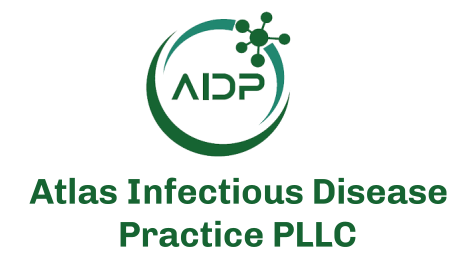
Today, Valneva announced results from its phase 2 clinical trial, which demonstrated positive 6-month antibody persistence and safety for its single-shot chikungunya vaccine, VLA1553 (Ixchiq). 1
“The six months persistence and safety data in children are aligned with the robust antibody response and safety profile we reported in adolescents after a single vaccination,” Valneva Chief Medical Officer Juan Carlos Jaramillo MD, said in a statement. 1
The trial’s results were in line with the initial data Valneva reported for this trial in January. A full dose elicited a more robust immune response in children 1 to 11 years old at day 15 and day 180 post vaccination compared to a half dose. Overall, the immunological response profile was in line with what was previously observed in adults and adolescents. 1
The strong immune response was confirmed in infection-naïve children with a 96.5% seroresponse rate (full dose) at Day 180. VLA1553 was well tolerated in children aged one to eleven years regardless of the dose or previous CHIKV infection. No safety concerns were identified. 1
The comparability of the VLA1553 doses tested in terms of safety and tolerability, along with the more pronounced immune response of the full dose observed for all age groups tested in children up to Day 180 post-vaccination, support the selection of the full dose for use in this population. 1
For the youngest population, Valneva expects to initiate its phase 3 study in the first quarter of 2026, with the objective of extending the product label to this age group. 1
Chikungunya’s Burden
Chikungunya virus (CHIKV) is a mosquito-borne viral disease spread by the bites of infected Aedes mosquitoes which causes fever, severe joint and muscle pain, headache, nausea, fatigue and rash. Joint pain is often debilitating and can persist for weeks to years.1 In 2004, the disease began to spread quickly, causing large-scale outbreaks around the world. Since the re-emergence of the virus, CHIKV has now been identified in over 110 countries in Asia, Africa, Europe and the Americas. Between 2013 and 2023, more than 3.7 million cases were reported in the Americas Brazil has reported the highest number of chikungunya cases worldwide, with over one million cases between January 2019 and July 2024, followed by India with 370,000 cases during the same period. 1
“Considering the significant risk chikungunya poses to individuals living in or traveling to endemic areas, it’s crucial to ensure that the vaccine is accessible to people of all ages and capable of potentially offering long-term protection from a single shot. This is especially important in low- and middle-income countries (LMICs) where access to vaccines is often limited,” Jaramillo added. 1
Federal Agencies’ Feedback
Last month, the FDA and Centers for Disease Control and Prevention (CDC) recommended a pause in the use of Valneva’s single-dose chikungunya vaccine, IXCHIQ, for individuals aged 65 and older. 2
During its meeting, the CDC’s Advisory Committee on Immunization Practices (ACIP) recommended the virus-like particle chikungunya vaccine for travelers aged 12 and older visiting outbreak or high-risk areas, as well as for laboratory workers with potential occupational exposure. The committee also recommended the live attenuated vaccine for individuals aged 18 and younger traveling to outbreak regions. 2
References
1. Valneva Reports Positive Six-Month Antibody Persistence and Safety Phase 2 Results in Children for its Single-Shot Chikungunya Vaccine IXCHIQ. Valeva press release. June 5, 2025. Accessed June 5, 2025.
https://valneva.com/press-release/valneva-reports-positive-six-month-antibody-persistence-and-safety-phase-2-results-in-children-for-its-single-shot-chikungunya-vaccine-ixchiq/
2. Abene S. FDA and CDC Recommend Pause on Chikungunya Vaccine IXCHIQ for Adults 65 and Older. Contagion. May 12, 2025. Accessed June 5, 2025.
https://www.contagionlive.com/view/fda-and-cdc-recommend-pause-on-chikungunya-vaccine-ixchiq-for-adults-65-and-older






